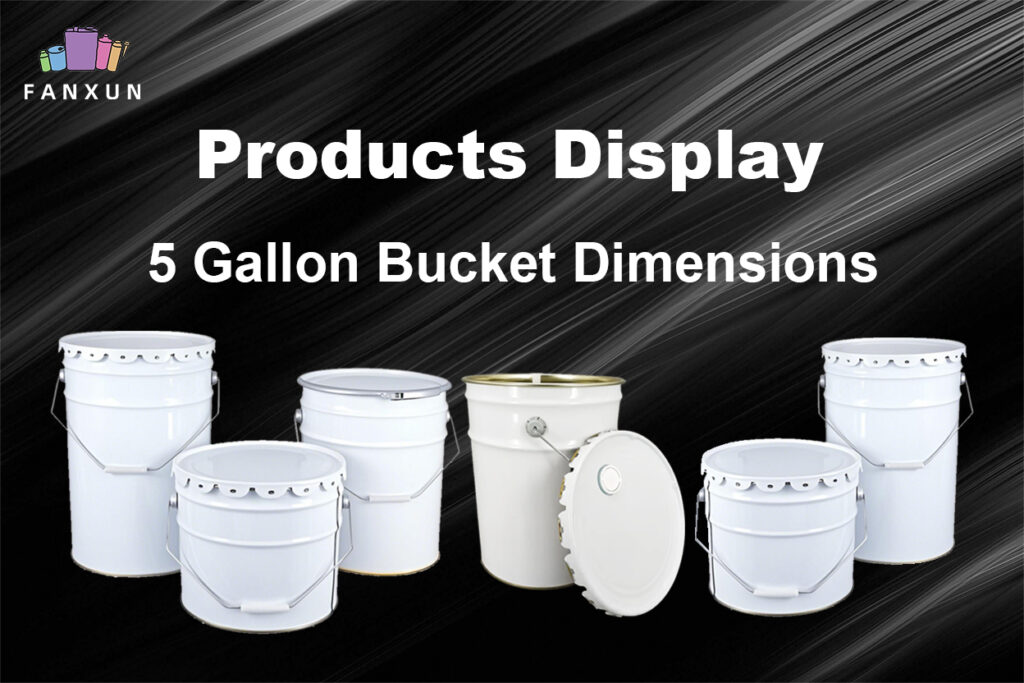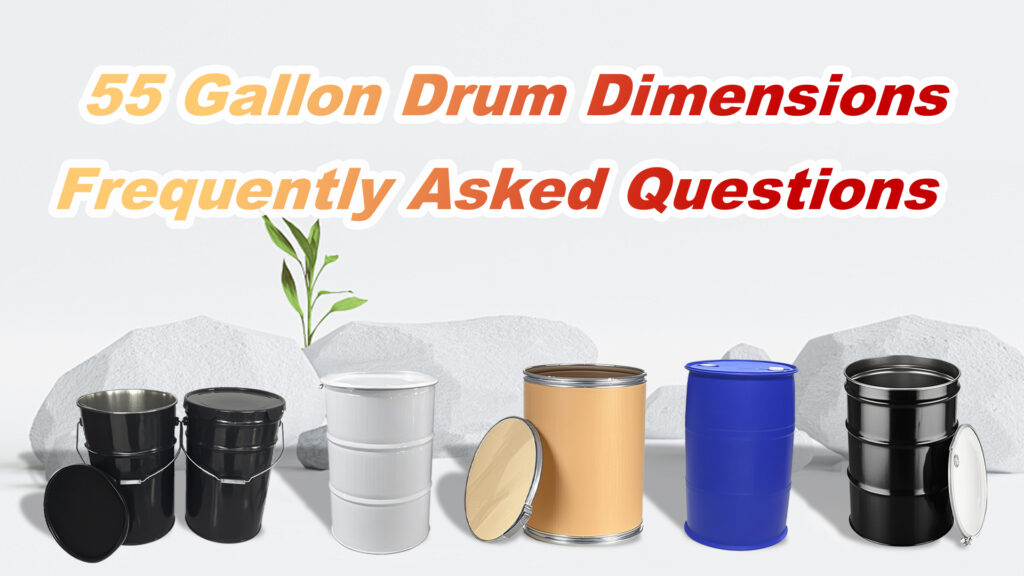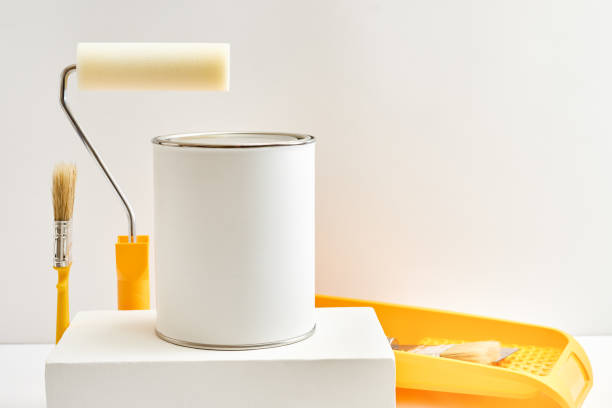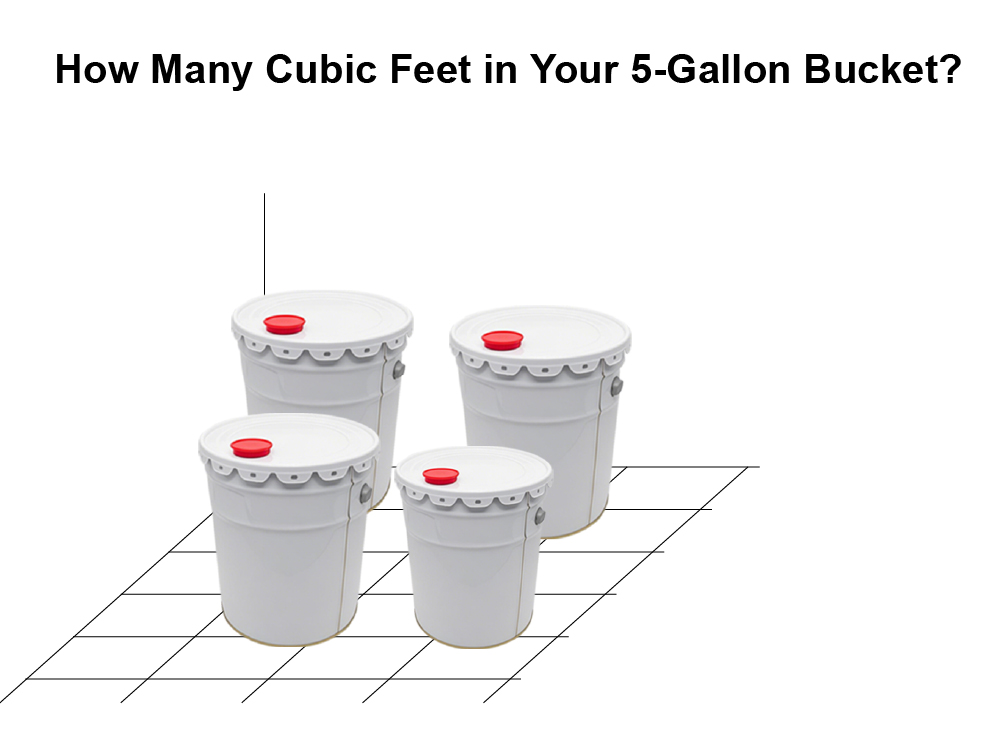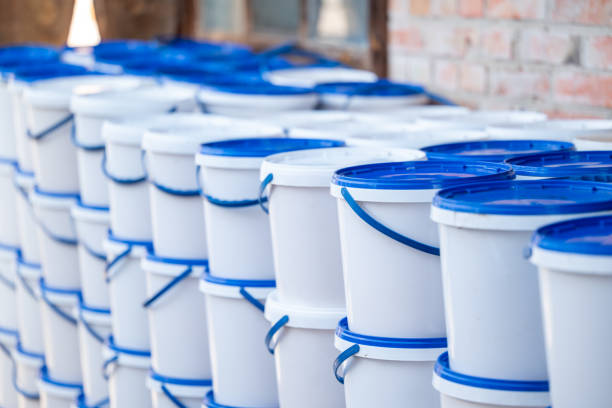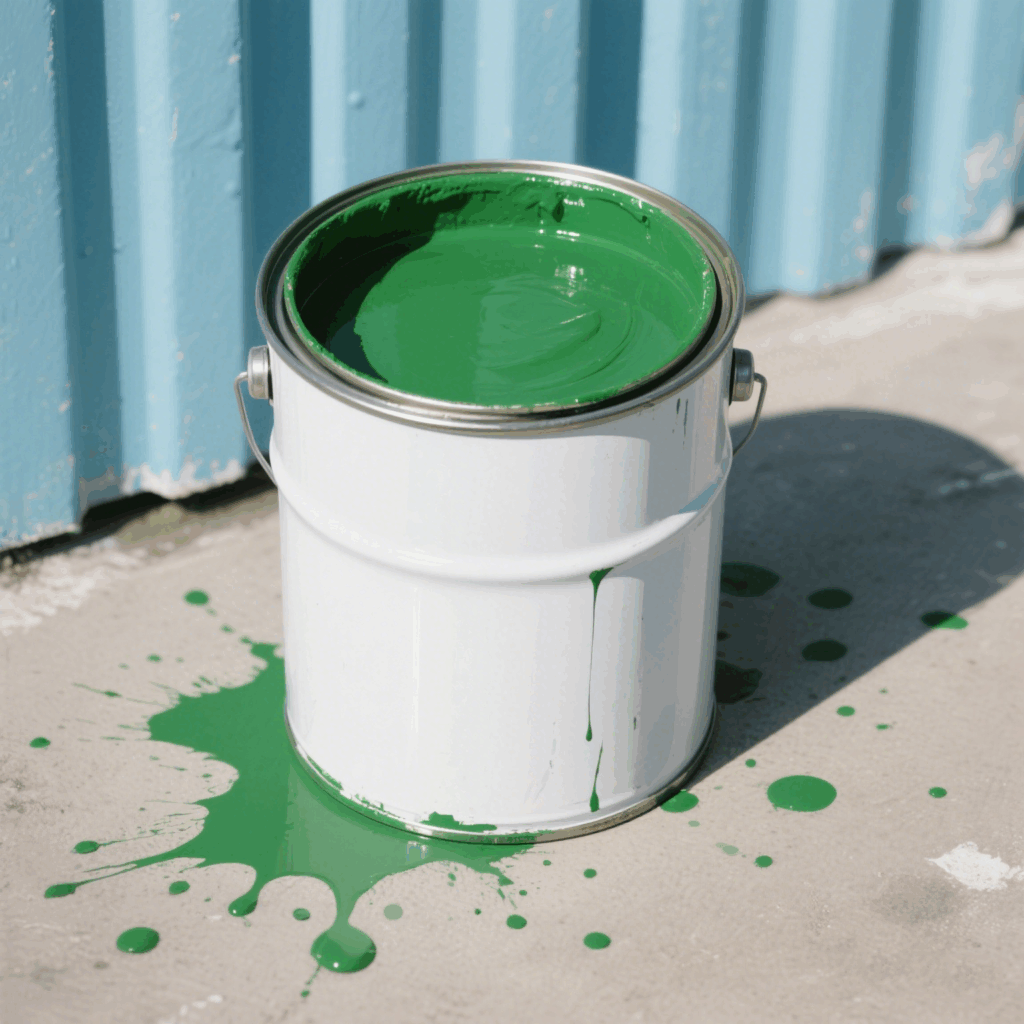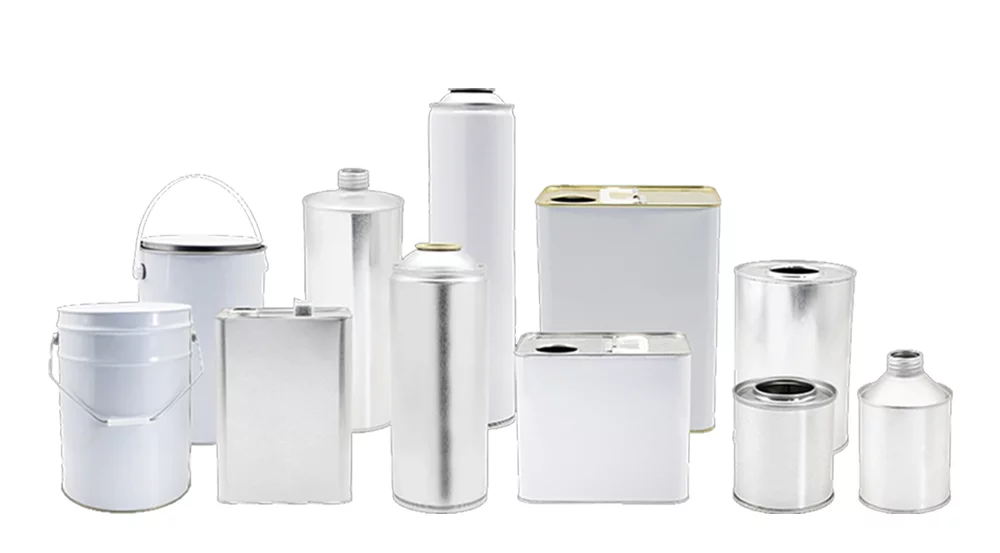If you live in a region where winter turns everything to ice, you might have wondered, “Can brake fluid freeze?” It’s a valid concern, especially when temperatures dip to extremes and your vehicle’s safety is a top priority. This article will give you an in-depth yet easy-to-understand explanation of what happens to brake fluid in cold temperatures, how it behaves, what problems you might face, and what you should do to stay safe and prepared.
Understanding Brake Fluid and Freezing Points
First things first: brake fluid does not freeze like water. It’s a hydraulic fluid specifically designed to perform in a wide range of temperatures. Most modern brake fluids are either glycol-based (like DOT 3, DOT 4, DOT 5.1) or silicone-based (DOT 5).
Here’s a quick table comparing typical freezing points of different brake fluid types:
| Brake Fluid Type | Freezing Point (Approx.) |
|---|---|
| DOT 3 | -40°C to -60°C (-40°F to -76°F) |
| DOT 4 | -40°C to -60°C (-40°F to -76°F) |
| DOT 5 | -55°C (-67°F) |
| DOT 5.1 | -40°C to -60°C (-40°F to -76°F) |
So technically, yes, brake fluid can freeze, but only at extremely low temperatures, far lower than what most drivers will ever experience—even in the harshest winters.
But Why Does My Brake Pedal Feel Stiff in Cold Weather?
From the user’s perspective, it might feel like the brake fluid has frozen, especially if:
-
The brake pedal is stiff or unresponsive
-
Braking power seems reduced
-
There’s a delay in braking response
-
You hear odd noises when braking in the cold
However, in most cases, the fluid hasn’t frozen. What’s likely happening is:
-
Moisture contamination in the brake fluid
-
Frozen water particles in the brake lines
-
Thickened fluid due to aging or poor-quality brake fluid
-
Issues with rubber seals, calipers, or lines stiffening due to cold temperatures
Moisture: The Silent Culprit
Brake fluid is hygroscopic, meaning it absorbs moisture from the air over time. Even sealed systems aren’t perfect. When moisture content in the fluid increases:
-
The boiling point decreases (dangerous when braking hard)
-
The freezing point increases (more susceptible to freezing)
-
Corrosion inside the brake system becomes more likely
This is why changing your brake fluid every 2–3 years is crucial, especially in places with fluctuating or extreme temperatures.
What Happens if Brake Fluid Actually Freezes?
While rare, if brake fluid ever did freeze:
-
Brakes could lock up or fail completely
-
Hydraulic pressure in the brake system wouldn’t build up properly
-
Your car could become unsafe to drive
But again, unless you’re in Antarctica or a military base in Siberia, it’s highly unlikely your brake fluid will freeze unless it’s contaminated with water.
Signs Your Brake Fluid May Be Compromised by Cold Weather
Here are some symptoms to look for:
-
Brake pedal is slow to respond
-
Brake warning light is on
-
Braking is uneven or unpredictable
-
You hear squeaking or grinding sounds in cold weather
If any of these appear, especially in the winter, you should check your brake fluid or have a professional inspect your brake system.
Prevention Tips: How to Winter-Proof Your Brake System
From a practical, everyday user’s point of view, here’s what you should do:
Flush brake fluid regularly (every 2–3 years)
Use the right fluid type for your vehicle and climate
Store brake fluid properly if you do your own maintenance
Park your vehicle in a garage during freezing nights
Let your car warm up for a minute or two before driving
Don’t ignore brake system warnings or pedal changes
Frequently Asked Questions (FAQs)
Q: Can brake fluid freeze in Canada, Alaska, or northern Europe?
A: Only under extreme sub-zero conditions or if the fluid is contaminated. Fresh brake fluid is designed to resist freezing.
Q: My brake pedal feels stiff in the morning—what should I check?
A: Check for moisture in the brake fluid, frozen brake lines, or cold-stiffened components. A brake fluid flush might be necessary.
Q: What’s the best brake fluid for cold weather?
A: DOT 4 or DOT 5.1 are good choices for extreme temperatures due to their high boiling and low freezing points.
Q: How do I know if my brake fluid has absorbed water?
A: Use a brake fluid tester or have it tested during routine maintenance. Cloudy or dark fluid is also a sign.
Q: Is it okay to mix old and new brake fluid during winter prep?
A: No. Old fluid may contain moisture. Always fully flush the system for best performance in cold weather.
Final Thoughts
Brake fluid is highly resilient to freezing, but not immune—especially when it’s old or contaminated. While freezing is rare, cold weather can still affect your braking system in subtle and dangerous ways. The key takeaway? Stay proactive with maintenance and always use high-quality, appropriate brake fluid.
Your car—and your safety—depend on it.















